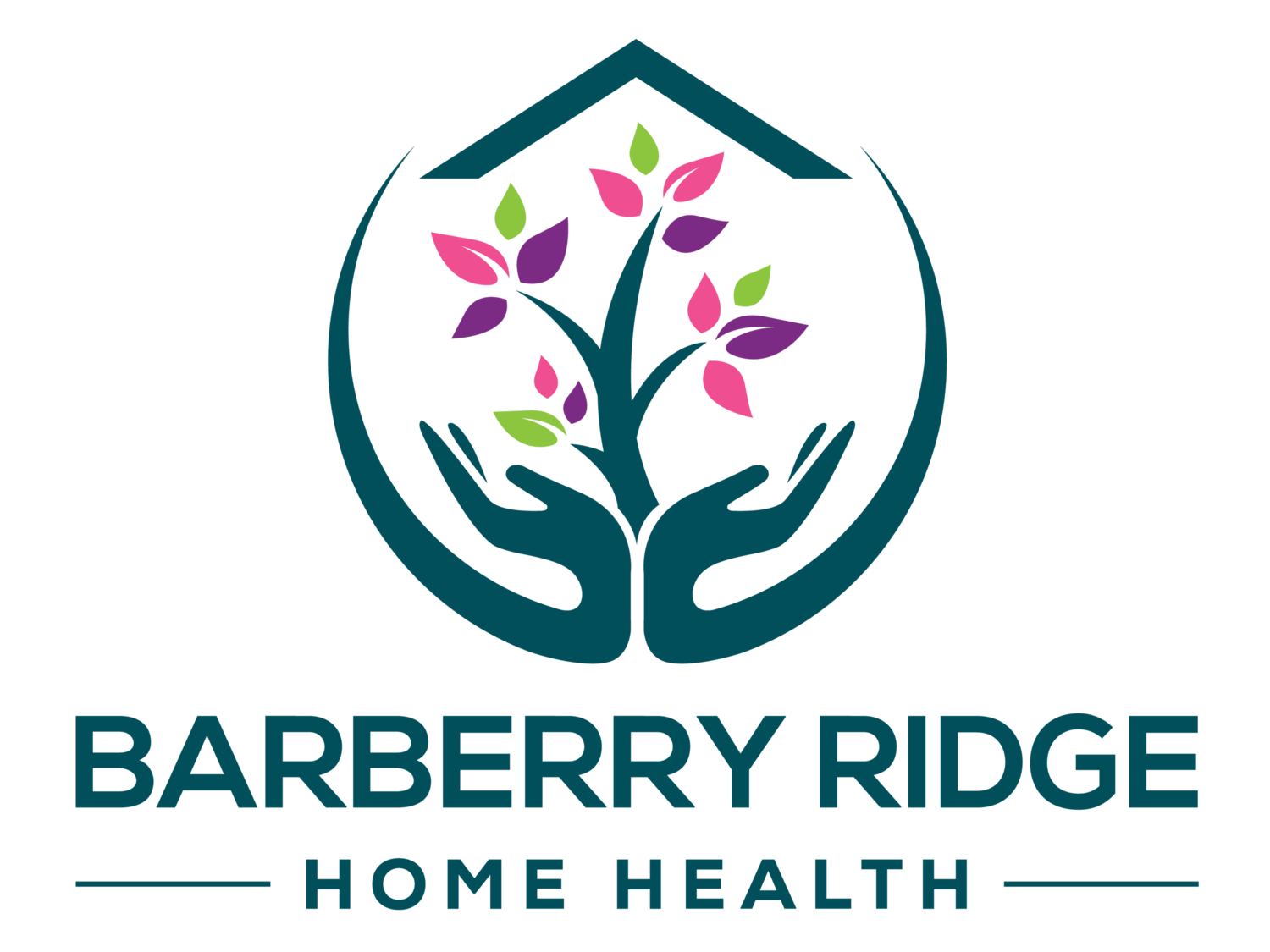March is national Colorectal Cancer Awareness Month with the objective of raising awareness and encouraging screening for the disease so make your appointment now. An estimated one in 24 women, and one in 22 men will develop colorectal cancer during their lifetime, according to the American Cancer Society (ACS).
In its early stages, colorectal cancer may not present any symptoms. If you do experience symptoms, they may include:
- constipation or diarrhea
- changes in stool shape or color
- blood in the stool or bleeding from the rectum
- passing excessive gas
- fatigue or weakness
- unexplainable weight loss
- abdominal cramps or pain that doesn’t go away
After age of 50, your chances of developing this cancer increase. Other risk factors are:
- a prior history of colon polyps or bowel disease
- family history of colorectal cancer
- being of Eastern European Jewish or African-American descent
- being overweight or obese
- smoking
- heavy use of alcohol
- type 2 diabetes
- sedentary lifestyle
- diet high in processed foods or red meats
If your signs and symptoms indicate that you could have colon cancer, your doctor may recommend one or more tests and procedures, including:
- tests that detect microscopic blood in the stool.
- colonoscopy. It is recommended that patients have a colonoscopy every 10 years, if they have no previous risk factors, beginning at age 50.
- Blood tests. No blood test can tell you if you have colon cancer, but your doctor may test your blood for clues about your overall health, such as kidney and liver function tests.
Treatment of colorectal cancer depends on a variety of factors, such as age, overall health, and progression of the cancer.
When caught early, colorectal cancer is treatable and many times, curable.
Surgical removal of a section of the colon (colectomy) is a common treatment for colorectal cancer. Typical hospital discharge instructions will include limited lifting, driving and movement. If you do have the surgery, in-home care can assist you until you are back on your feet. This may include the following:
- assistance with following instructions from your healthcare providers
- assistance with personal care including bathing and hygiene
- housekeeping tasks that you are unable to do
- transportation to and from doctor appointments
- running errands
- medication reminders
- meal preparation
To discuss options for home care when you return home in the Pittsburgh area, call Barberry Ridge Home Health at (412) 536-1871 or visit our website at www.barberryridge.com.

